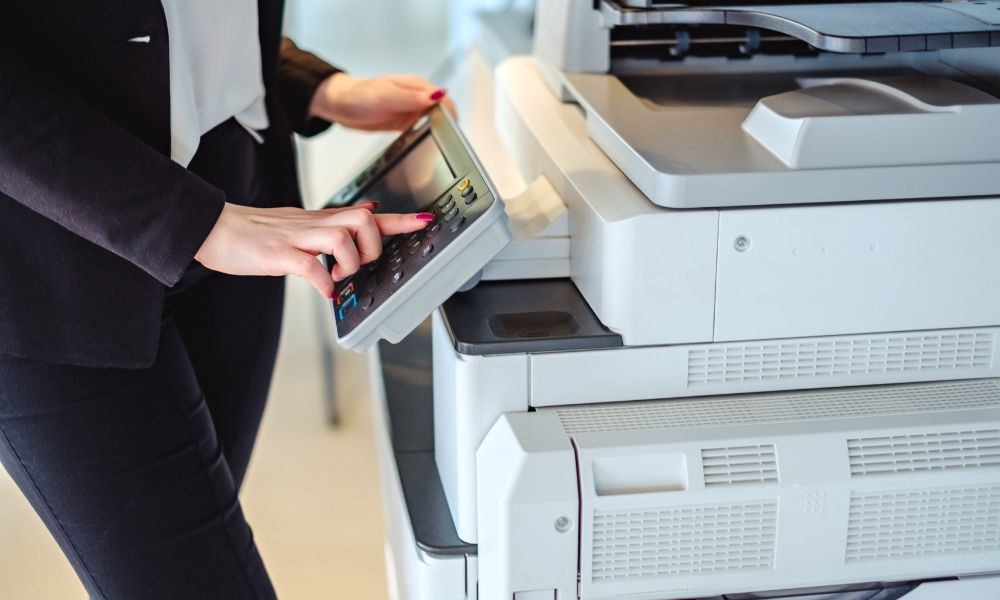If you run a business, you’re undoubtedly familiar with how much paper can accumulate in a short period. Employee information, tax papers, financial statements, business records, and much more fill your filing system quickly. One of the most common questions you may ponder as a business owner is what to do with old business records.
How long should you keep them, what should you keep, and how do you properly store or dispose of them? We’ll answer all the essential questions below, so you know what to do with your old business records.
How Long Should You Keep Records?
Determining how long to keep a record varies depending on what the document is. It’s best to consult a tax professional or attorney if you’re unsure. Here are a few guidelines for common types of business records:
Tax Returns and Supporting Documents
The IRS recommends that you keep these documents for seven years. This is because there’s a period of limitations in which a tax return can be amended or challenged by the IRS. However, it may make sense to keep a final copy of your business tax returns and correspondence with the IRS to assist in preparing for future returns.
Employment Tax Records
Plan to keep any records pertaining to employee taxes for a minimum of four years after the taxes were due or paid. These documents include your EIN, wages, pension payments, personal information of your employees, and anything else related to employment taxes.
Business Ledgers
Your accountant should advise you on how long to keep profit and loss statements, financial statements, check registers, annual reports, business formation documents, invoices and expense reports, and corporate by-laws. However, a minimum of seven years is a safe recommendation for most of these documents.
Banking Information
If the records are for tax purposes, the seven-year recommendation is safe to follow. If the statements have no tax implications, dispose of monthly bank statements after a year.
How To Dispose of or Save Documents Safely
The best way to dispose of documents is to shred them. Shredding eliminates the chances of any documents that contain vital business information falling into the wrong hands.
For documents that you plan to keep indefinitely or must save for several years, it’s still vital to store them safely until it’s time to shred. Utilizing commercial scanning services will turn your paper files into digital copies that are easy to store digitally and offer premier protection.
Learning what to do with your old business records is a necessary step to running a sound business. Follow these guidelines to keep the documents you need and ditch the rest safely.

